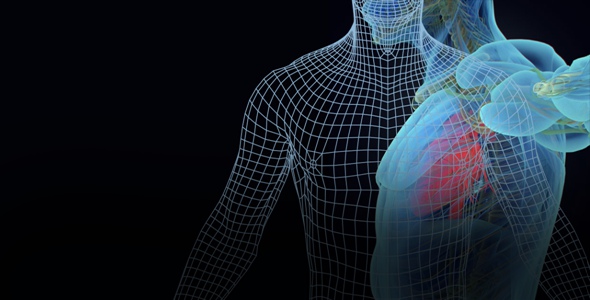
@ShahidNShah


Continuing advances in digital health technology offer a powerful new toolset to transform how health care is delivered and experienced. However, the digitization of health care is not a simple task; technologies should be implemented only if they will improve care for individuals and the systems that care for them. Thoughtful hybrid approaches will define digitization efforts, and humans patients, care partners, communities, and clinicians must be included in these endeavors. Human factors engineering is critical for all technologies and even more so for health-related interventions.
The rapid pace of change spurred by the pandemic creates both new opportunities and risks in realizing the potential of digital health innovation. Opportunities include greater access to high-value care for patients, especially for underserved groups and those living in rural areas. Additionally, more and better data are available to support decision making and coordination of care for clinicians. However, these benefits come with the potential costs of needless duplication of effort, collection of conflicting information, and development of burdensome systems.
Continue reading at healthaffairs.org
The University of Cincinnati has invented a new telehealth drone to improve access to medical services regardless of location. Inventors Victoria Wangia-Anderson, Manish Kumar, Seung-Yeon Lee and Debi …
Connecting innovation decision makers to authoritative information, institutions, people and insights.
Medigy accurately delivers healthcare and technology information, news and insight from around the world.
Medigy surfaces the world's best crowdsourced health tech offerings with social interactions and peer reviews.
© 2025 Netspective Foundation, Inc. All Rights Reserved.
Built on Apr 21, 2025 at 1:14pm